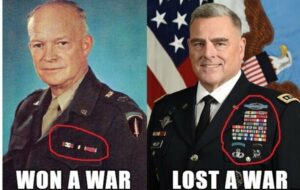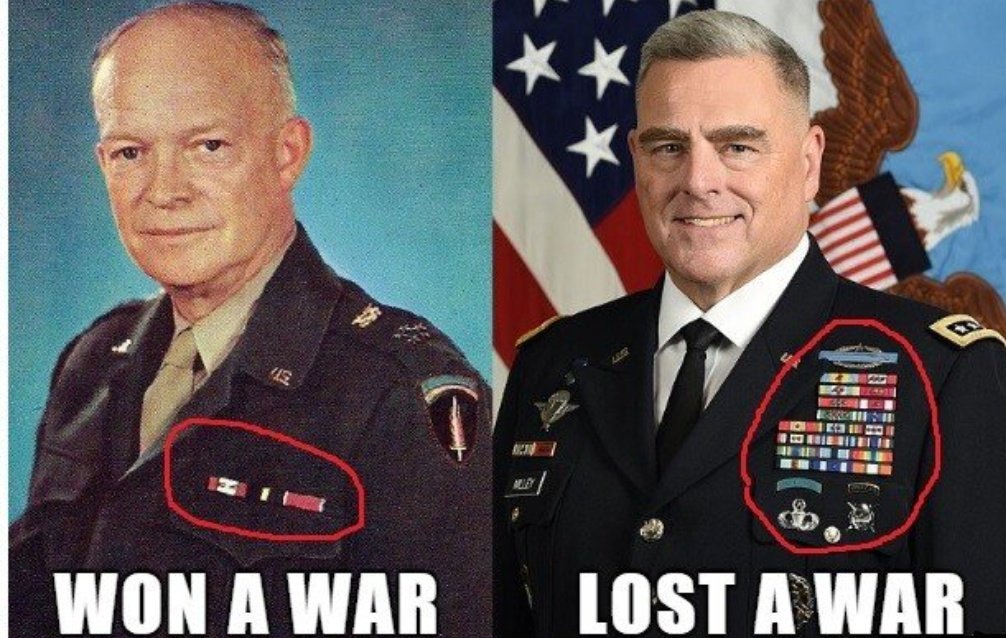By Bob Barr, originally published in the Daily Caller and reproduced with permission.

President Gerald Ford often was disparagingly and unfairly said to be “unable to walk and chew gum at the same time.” Recent comments by U.S. Army Joint Chiefs of Staff Chairman Gen. Mark Milley responding to questions about the decision to evacuate Bagram Airfield in Afghanistan tells us that our nation’s leaders appear to have lost the will to take on more than one mission at the same time.
During a news conference on Aug. 18, as the scope of the disastrous exit from Afghanistan was beginning to manifest itself, Milley was asked why the Bagram Airfield was prematurely evacuated. The four star general declared that of the two tactical missions demanding decisions by he and other top military leaders — specifically, to protect the American Embassy in Kabul and the Bagram Airfield — the United States could only do one or the other, but not both. Thus, the decision to “collapse” (not “evacuate”) Bagram.
The toll in lives and resources resulting directly from this decision to close the only secure airfield in Afghanistan has been enormous. More important from a strategic national security perspective, however, is that it reveals that as a country our leaders no longer possess the will to carry out more than a single military operation at a time.
America’s post-9/11 military involvement in and exit from Afghanistan will be the source of debate for years to come; as was our involvement in and exit from Vietnam a half century earlier. In many respects, the more recent conflict mirrors the manner by which military historian Andrew Bacevich described how the U.S. military fought in Vietnam — not as a decade-long war with a specific goal, but as a “one-year war [fought] ten times over.” Bacevich rendered this assessment in the preface to his 2005 book, “The New American Militarism,” but it precisely fits the obvious lack of a strategic goal and of consistent tactics to achieve a goal in Afghanistan.
More recent and objective analyses of America’s military strengths have revealed troubling deficiencies, not only in our declining ability to engage militarily in two major theaters of conflict simultaneously (a view that used to be a defining benchmark for the United States as a global superpower), but also in our national will to fight.
The Heritage Foundation in recent years has published an annual assessment of our country’s military – the “Index of U.S. Military Strength.” Unlike the periodic assessments issued by the Department of Defense and by various presidents, which tend to serve as support for an administration’s policy and budgetary priorities, the Heritage studies each year objectively assess America’s military strength, effectiveness and readiness. Its “2021 Index” (prepared late in 2020) does not present an encouraging assessment, even before the recent Afghanistan exit debacle.
The Heritage Foundation panel of experts concluded that, based on an analysis of our military “capability, capacity, and readiness,” none of the four operational branches – Army, Navy, Air Force and Marines – scored higher than “marginal.” Making this assessment even more troubling is the fact that its conclusions were based only, and appropriately, on detailed assessment of “hard” factors capable of quantifiable analysis — budgets, unit strengths, equipment modernization, logistics, etc.
Not incorporated in the Heritage Foundation’s analysis, however, is what many experts consider perhaps the single most important factor determining our, or indeed any country’s war-fighting ability and its likelihood of battlefield success, the “will to fight.”
A 2019 study on “The Will to Fight” by the RAND Corporation concluded that, “[w]ith very few exceptions, all wars and almost all battles are decided by matters of human will.” This reflects a principle long known to our country’s top wartime generals, who, like Douglas MacArthur, understood that “it is fatal to enter a war without the will to win it.”
Our current military leaders, hand-in-hand with their civilian cohorts, fail or refuse to recognize this foundational military principle, even when facing a decision to carry out two limited wartime missions at the same time in the same theater of operation. Heaven help us if and when these same decision-makers face such predicaments on a larger scale.
Bob Barr represented Georgia’s Seventh District in the U.S. House of Representatives from 1995 to 2003. He served as the United States Attorney in Atlanta from 1986 to 1990 and was an official with the CIA in the 1970s. He now practices law in Atlanta, Georgia and serves as head of Liberty Guard.
